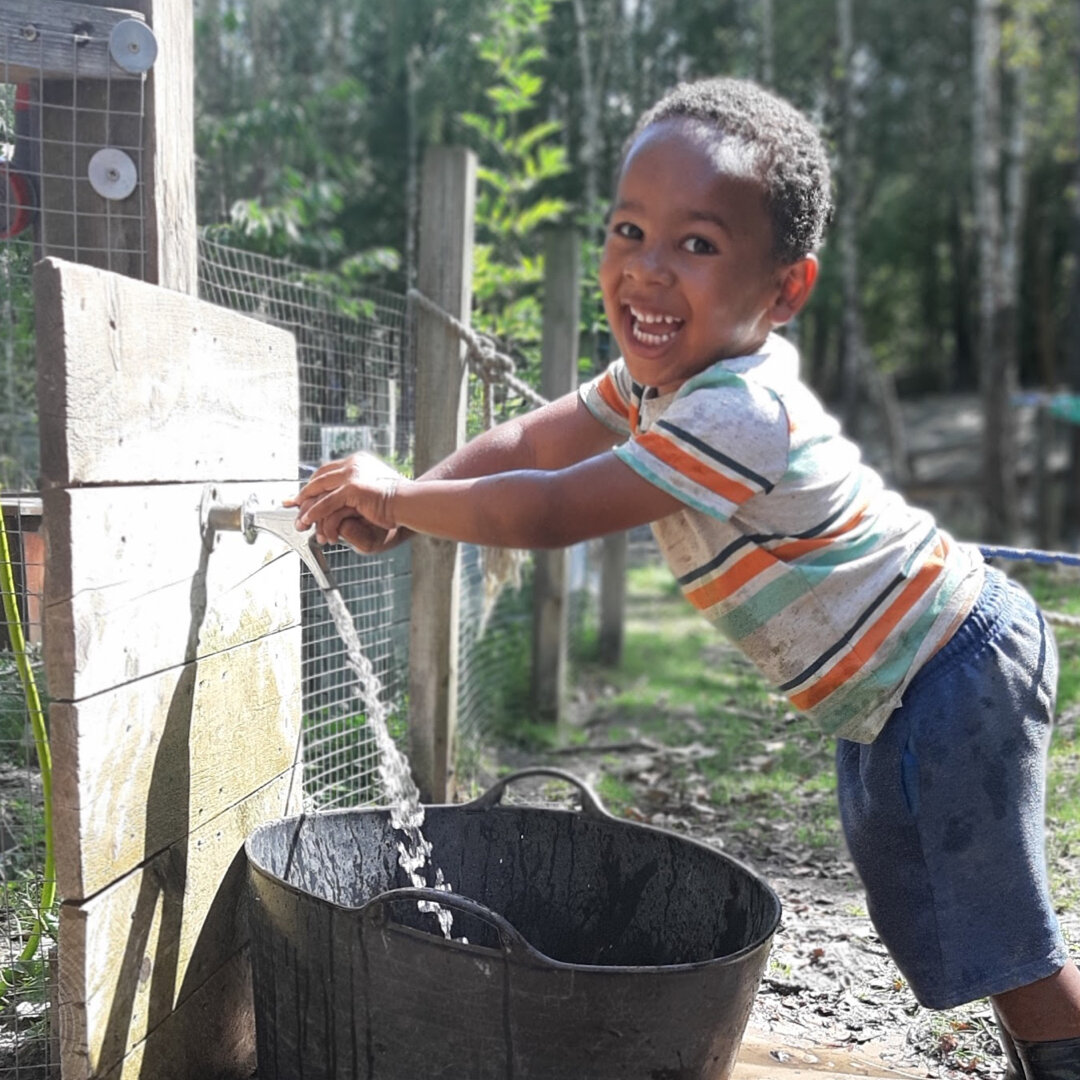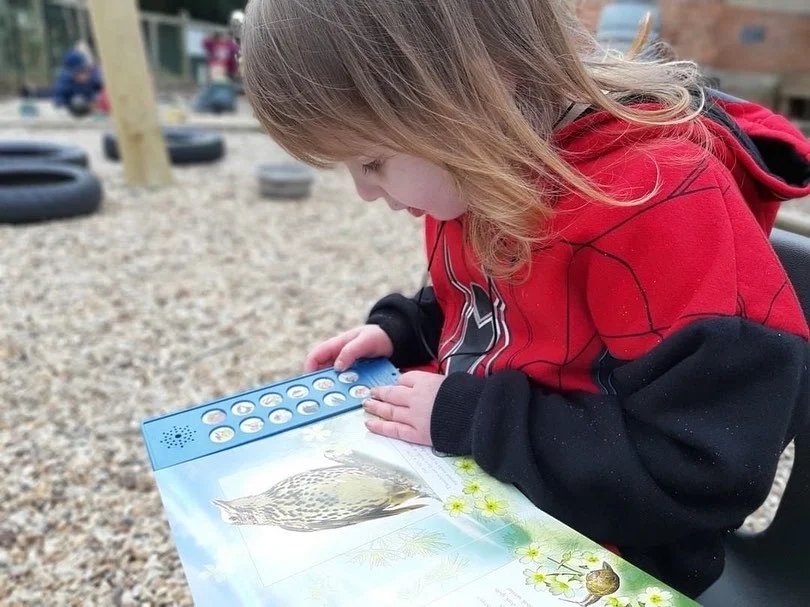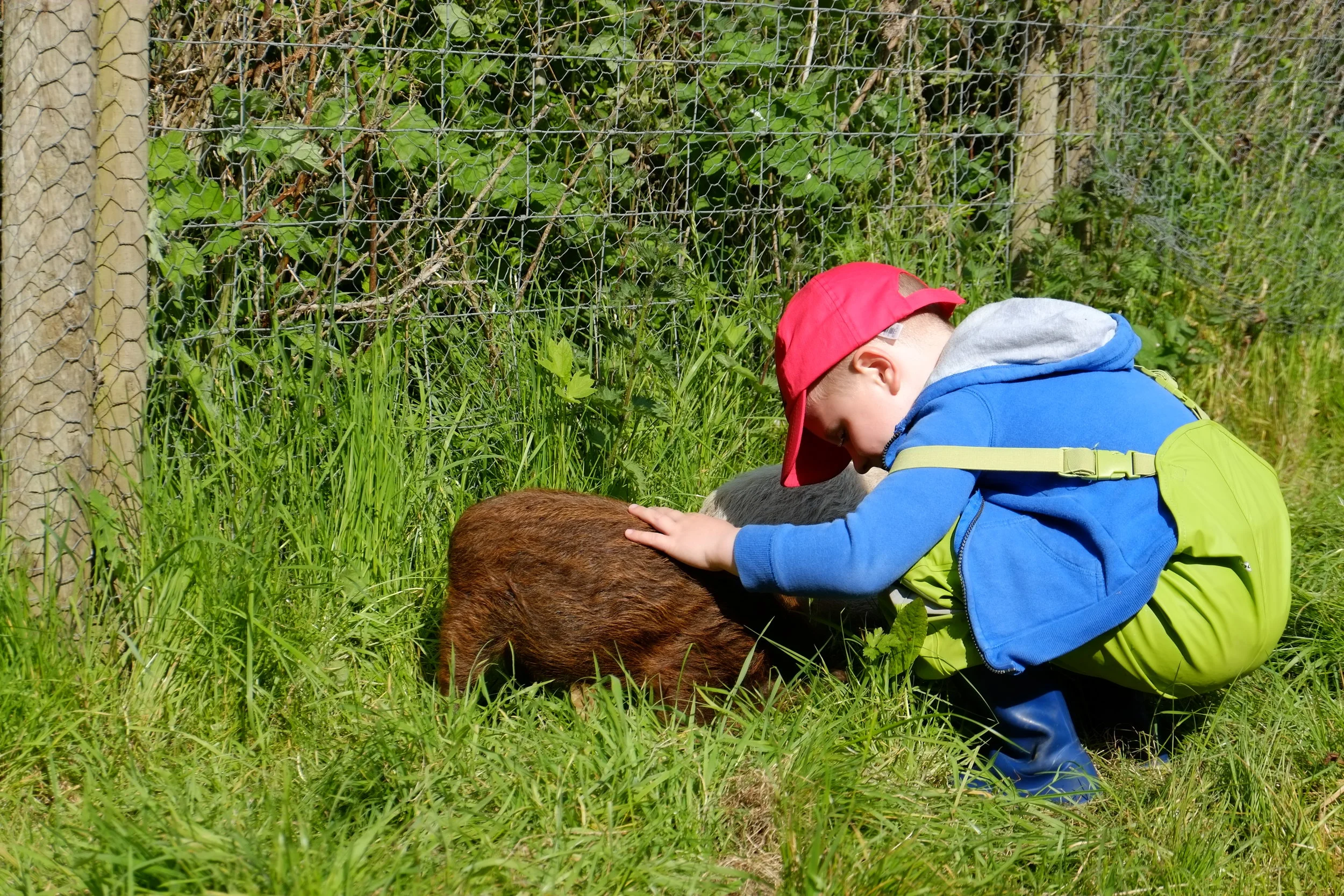This is a big moment - waving a child off to school for the first time is a watershed moment in our parenting journey. Even if they have been at nursery for some time, school can seem like a whole new world! It is often more formal, teachers become “Mrs or Mr”, there are uniforms, new rules, new expectations to manage. We are suddenly faced with a new place and new people to place our trust in where wehope they will nurture and support our children.
Some children will walk into school without a backwards glance, others will take longer to settle. Some children initially go straight in and then reality kicks in a few weeks down the line and they struggle at that point! None of these is right or wrong, it is just different children and different contexts.
One thing we can be sure of is that however exciting it may be, starting school can be tiring and overwhelming, even for the children who settle quickly. There are things we can do at home to support this transition, which often lasts for at least the first term, if not longer. Here are a few ideas of how to support children to stay grounded as they transition into the next phase of their lives…
Reflect on - and adjust if necessary - their out of school schedule. Some children thrive on being busy, but school can be tiring and a too full schedule out of school hours can be too much. Sometimes it is helpful to slow the pace down and create some extra space and time, just for a few months while they adjust.
Prepare for the out of school meltdowns - children are under high expectations while they are at school and will often try incredibly hard to live up to these. They have a lot of new information to learn, new ways to communicate, new friendship dynamics to negotiate and new problems to solve. It isn’t surprising that sometimes their behaviour at home signifies a need to let go, not be in control, and simply let out those big feelings.
Support their emotions through validation, naming of feelings and brainstorming ways to manage when they are struggling. Acceptance of the way they are feeling is important - our role is to support them without judgement, hold their big emotions for them when everything becomes too much, and let them know they are loved no matter what.
Factor in regular relaxation and mindfulness time. This builds up over time so it doesn’t need to be daily (although that’s great if you can manage it!) - but perhaps 3x a week to start with.
Do lots of real life skills that are grounding. Washing the car, helping to prepare dinner, gardening, even cleaning - these are all activities that can create a state of ‘flow’…they are grounding, relaxing and of course promote independence too.
Offer opportunities for free creative expression. Art is a great way for children to express themselves - offer free drawing and painting so they can use this as a way of processing their new experiences and their feelings.
Offer plenty of time for free play. Once at school, children suddenly find their time is a lot more scheduled than previously. They may miss the moments when they could simply play for hours with cars, teddies, Lego or building blocks. Help them with the transition by providing for this at home.
Try not to over quiz your child about their day. One of the things parents find most frustrating is not knowing what their child did, how their day was etc. Children are often remarkably reluctant to talk about these things! Quizzing them won’t help - instead you could try having everyone in the family share one positive and one challenging thing from their day each evening at dinner.
Remember this is a transition time for everyone. There will be new routines, new emotions, and new ways of being that emerge. Your child might come out with new words and new ways of talking because they are learning about the world outside their home and working out how to fit in with their peers. When challenges present, if we can remember this is a chance to talk things through, we have the opportunity to lay down habits that will see us through the next decade (and beyond!) of parenting.
Focus on connection, above all else. When they return from school, we need to refill their emotional fuel tank with love and connection.
Starting school is the next great adventure. It is exciting, scary, filled with opportunity and filled with new experiences. Our role is to be there to hold our children through the adventure, to help them build their confidence, take another step into the world outside the family, and be the safe haven to which they return to reconnect and refuel before they do it all again the next day!





















